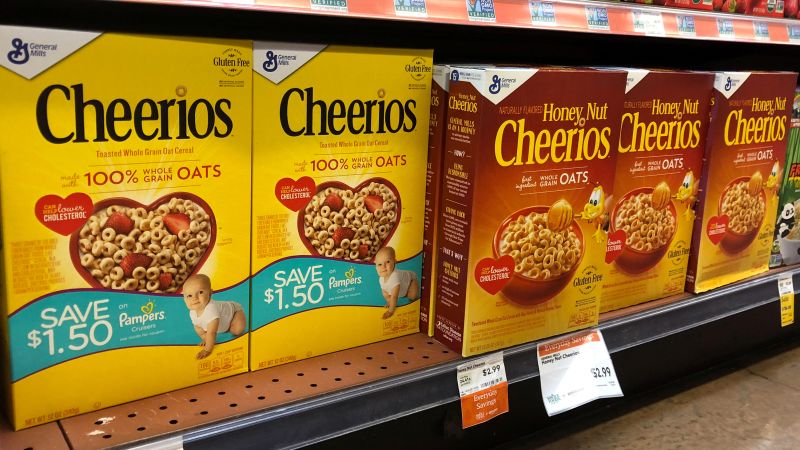General Mills, the manufacturer of popular cereals like Cheerios, is facing a lawsuit from eight Black employees at a Georgia plant. The employees allege that the plant is rife with racism under the leadership of White managers. They claim that White employees are favored for promotions, Black workers face more disciplinary actions, and a manager used a racist term to refer to them.
The lawsuit, filed in federal court, accuses two White managers of forming a group called the “Good Ole Boys” that favored White employees in management and human resources over their Black counterparts. This discrimination allegedly dates back to the 1980s. The managers are accused of using symbols associated with white supremacist groups to keep Black employees in line and discourage them from speaking out against the disparate treatment.
One specific example cited in the lawsuit is a mural displayed in the factory from 2005 to 2021, which depicted General Mills mascots as Confederate leaders. For instance, the Cocoa Puffs cuckoo bird was portrayed as Jefferson Davis, the president of the Confederacy, and the Honey Nut Cheerios bee as General Stonewall Jackson. Another employee reported finding “KKK” etched into his lunchbox, and he was forced to provide a handwriting sample to prove he wasn’t responsible.
The Black employees allege that incidents of racism at the Covington plant have been overlooked by local and corporate HR departments for more than two decades. They claim that HR would disclose their complaints to White supervisors, leading to retaliation. General Mills provided a statement to CNN saying they do not comment on pending litigation but emphasized their commitment to diversity, equity, and inclusion, stating that they do not tolerate discrimination of any kind.
General Mills has stated on their website that they have a zero-tolerance policy for discrimination and support diversity, equity, and inclusion programs. The plaintiffs in the lawsuit are seeking a trial by jury and compensatory and punitive damages for hundreds of Black employees who have worked at the Covington plant. The lawsuit sheds light on the issue of racism in the workplace and the challenges faced by Black employees in corporate environments.


